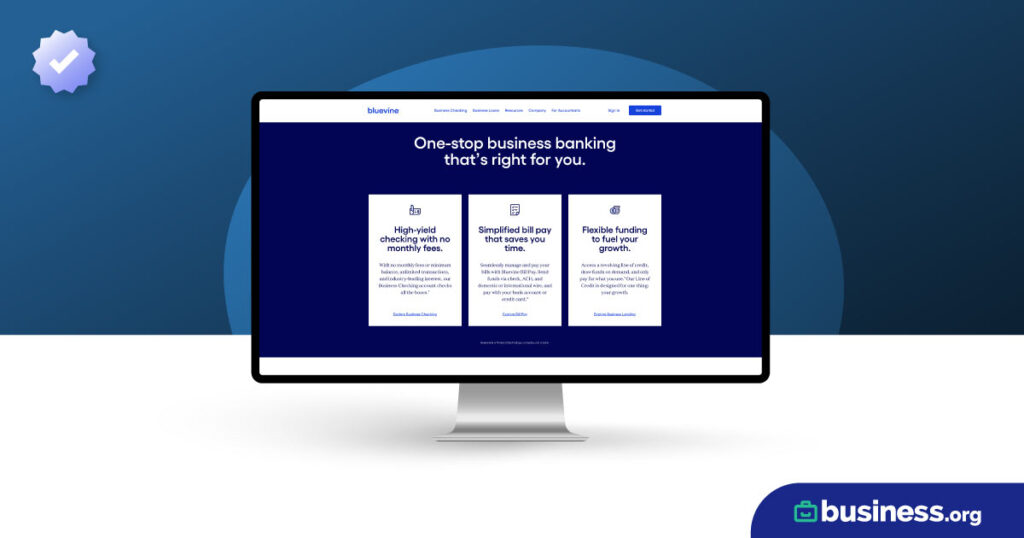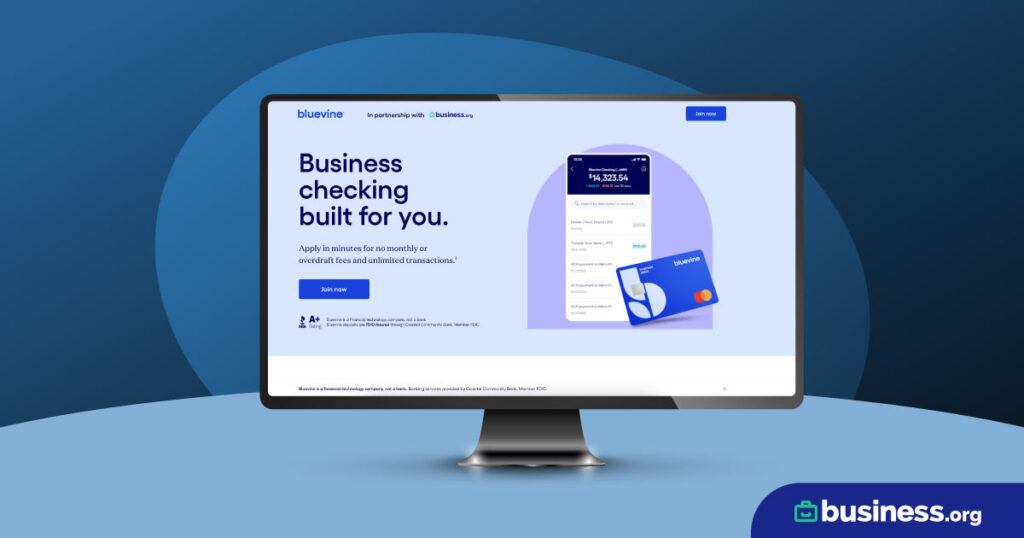We are committed to sharing unbiased reviews. Some of the links on our site are from our partners who compensate us. Read our editorial guidelines and advertising disclosure.
What Is Analyzed Checking?: Business Banking for Big Balances
Many big banks offer analyzed checking accounts―accounts that earn credit based on your account balance―to business customers. But should your business use an analyzed checking account?
It depends. For some businesses, analyzed checking can save tons of money in fees. But for other businesses, analyzed checking will end up costing them way more in fees. It mostly comes down to how you’ll use your analyzed checking account.
In this guide, we’ll explain what analyzed checking accounts are and help you figure out if your business can benefit from one of these accounts.
Analyzed checking 101
As we said above, an analyzed checking account (also called an analysis checking account) lets you earn credit. Then you get to apply that credit to your banking fees. Not too complicated, right?
Of course, there are some details you need to know. So let’s talk more about how analysis checking actually works.
Analyzed vs. not analyzed accounts
How typical bank accounts work
To understand analyzed checking accounts, it’s easiest to compare them to traditional checking accounts.
Pretty much all bank accounts, both analyzed and not-analyzed, come with fees. For example, you’ll see fees like these:
- Monthly maintenance fee
- Transaction fees
- Cash deposit fees
- Wire fees
(There are some free business checking accounts out there that don’t charge fees, but most accounts have at least some fees.)
Now, your average not-analyzed checking account lets you avoid some of those fees.
For example, most banks let you waive your monthly maintenance fee―usually by keeping a certain minimum account balance. Many bank accounts also come with a number of free cash deposits and transactions. So you might get 200 free transactions and $5,000 in free cash deposits before you have to start paying fees.
If you use up all your freebies, though, you’ll have to pay the rest of your fees.
So how does an analyzed checking account compare?
By signing up I agree to the Terms of Use and Privacy Policy.
How analysis checking works
With an analyzed checking account, you still get charged all those fees we talked about―but you won’t get the option of waiving any of them, and you won’t get any freebies either.
Instead, you’ll have the chance to offset your fees with earnings credit. You get earnings credits based on your account balance. So, for example, you might maintain a $10,000 balance and get $40 in earnings credit. (More on that math in just a minute.)
Then, when it’s time to pay all those fees, your $40 earnings credit will get applied. If it covers everything, you’re good to go―no extra payment needed. Otherwise, you’ll have to pay for your remaining fees.
Note that you should get a detailed financial statement from the bank that breaks down all your fees, earnings credits, and activity for the month. That way, you can make better-informed decisions about whether or not analyzed checking is working for you.
How earnings credit gets calculated
While we’ve said that you get earnings credit based on your account balance, we wanted to dig a little deeper into that.
The actual calculations can get pretty complicated, and they vary from bank to bank. You should definitely ask your bank about how it specifically calculates earnings credit.
That said, most banks set a rate for earnings credit based on the recent average Treasury Bill Rate. For example, your rate might be 5%, which then gets applied to your account balance.
You need to remember, though, that your bank might define your account balance differently than you do. It often doesn't include all your current assets in your checking account.
Many banks subtract 10% from your balance to account for the reserve requirement (a rule that requires banks to keep 10% of account balances on hand). And your bank will probably specify that you earn credit based on your collected balance―deposits that have actually cleared already.
Some banks also apply other complicated math―say, multiplying by days in a cycle and dividing by days in a year―so again, make sure you understand how your bank calculates earnings credit.
For the most part, though, you just need to remember that your earnings credit will be a percentage of your checking account balance.
Is analysis checking right for you?
Now that you know how analysis checking works, let’s figure out if it’s the right banking solution for you.
As a rule, analysis checking works best for businesses that keep larger account balances. (Bank of America, for example, suggests a balance of at least $60,000.) Because without a large account balance, you probably won’t make enough earnings credit to offset your fees―meaning you just end up paying lots of fees. So if you’re a young startup with little income, analyzed checking probably isn’t for you.
At the same time, you should also consider how you actually use your bank account. Do you make lots of transactions or deposits? If you don’t, you might as well stick to a non-analyzed account that comes with some free transactions and deposits.
Put simply, analyzed checking works best if you keep a big balance and make lots of transactions. Otherwise, we suggest you stick to something simpler and cheaper (like a free interest-bearing checking account from BlueVine).
If you’re still not sure, though, many banks offer worksheets that can help you mathematically figure out if analyzed checking makes sense for you. That way you don’t have to guess―you can trust your financial analysis instead.
Best analyzed checking accounts for business
Still interested in getting an analysis checking account for your business? You’ve got plenty of options. We’ve rounded up some of them for you.
Analysis checking accounts for business
Data as of 06/28/22. Offers and availability may vary by location and are subject to change.
Generally speaking, you’re more likely to find analyzed checking accounts at big traditional banks than online banks or small credit unions―but there are definitely exceptions. (TIAA Bank, for example, is an online bank for business that offers analysis checking.)
So if you already have a credit union you love, go ahead and ask if it offers an analyzed checking account.
Compare the Top Small-Business Banks
Data effective 1/10/23. At publishing time, rates, fees, and requirements are current but are subject to change. Offers may not be available in all areas.
The takeaway
Analyzed checking allows you to earn credit that you can apply to banking fees.
That means it can be a big money-saver for businesses with a healthy financial condition and big account balances. But for businesses with smaller balances or few transactions, analysis checking can become a liability, costing way more than you expected.
So before you dive into analysis checking, we suggest you do some accounting and make sure that analyzed checking makes mathematical sense for your company.
Not convinced you want an analyzed checking account? Learn more about other types of business bank accounts that may make more sense for your company.
Disclaimer
At Business.org, our research is meant to offer general product and service recommendations. We don't guarantee that our suggestions will work best for each individual or business, so consider your unique needs when choosing products and services.










